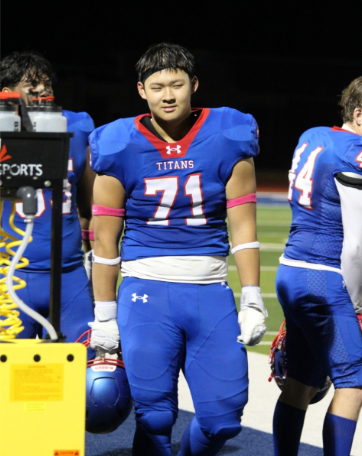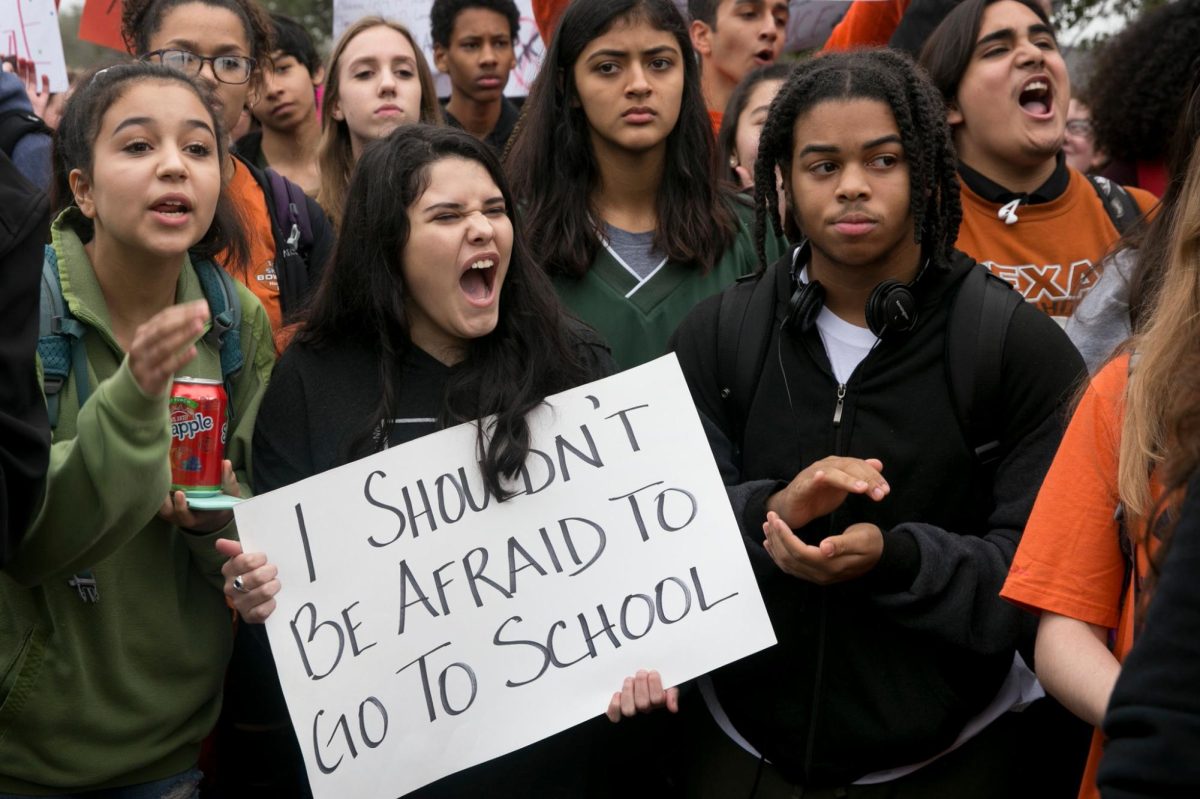Every parent has a different approach to how interacting with and guiding their children. When it comes to parenting, not every family is the same having a huge effect on how the child will mature. Researchers grouped parenting into four different styles. In the US, roughly 46% of parents use an authoritative parenting style, 26% authoritarian parenting style, 18% permissive parenting style, and 10% neglectful parenting style. The effect of parenting is drastic.
What are the different types of parenting?
Authoritarian parents: These types of parents believe that their children should follow the rules no matter what. They do their best to enforce rules and obedience.
Authoritative parents: These kinds of parents know how to set rules as well as take their child’s feelings and opinions into account.
Permissive parents: Permissive parents set rules but don’t always enforce them. They don’t direct or guide the child as much as Authoritative parents.
Uninvolved parents: This kind of parent will not show responsibility for the child and lack of care.
What effect does Authoritarian parenting have on children?
About 46% of parents use Authoritarian parenting in the US. But this isn’t always a good thing. When a parent tries to form their kid into the ideal child this can lead to low self-esteem. As well as causing children to use aggression in future friendships and relationships. However, This could help kids become more goal driven as they are expected to be “perfect”. These children are usually the most well-behaved due to the consequences of misbehaving.
What effect does Authoritative parenting have on children?
Kids raised by authoritative parents are more likely to become more self-reliant, academically successful, and well-behaved. They can have a deeper connection with their parent as their feelings are taken into account. However, as they grow up they may go through a phase of rebellion and anger which is normal for most teens. This could easily be very difficult for parents who have high expectations.
What effect does Permissive parenting have on children?
Permissive parenting can often lead to lower academic achievement. They do set rules but do not try and control their child’s behavior. However, while this kind of parenting has its cons it also has pros. Permissive parenting can lead kids to a stress-free lifestyle as well as promote psychological development. Freedom to this extent can lead to other negative habits as the parent does not provide much guidance.
What effect does Uninvolved parenting have on children?
Uninvolved parents will not show any responsibility, lack of love and attention, and have little interest in their child’s life. This kind of parenting can lead to undeveloped social skills, attachment, and fear of becoming dependent on others as they cannot depend on their parent.

As parenting styles have a huge factor on children, so does family structure. As you can see, children with continuously married parents are guided to a more successful life as they are to do better at school, learn skills on their own, are more likely to go to college, earn more, and are more likely to go on to form stable marriages themselves.
It is clear from the research that Uninvolved parenting does not lead to the most driven lifestyle, while authoritative parenting is ideal. If you are a child of uninvolved parenting there is no way to change the past but still ways to cope with and fix it. A therapist can help identify struggles and use strategies to fix them. For example, caring for yourself is a good way to start and to not look to others for validation as well as developing deeper connections with people in your life attempting to build love and trust.





































